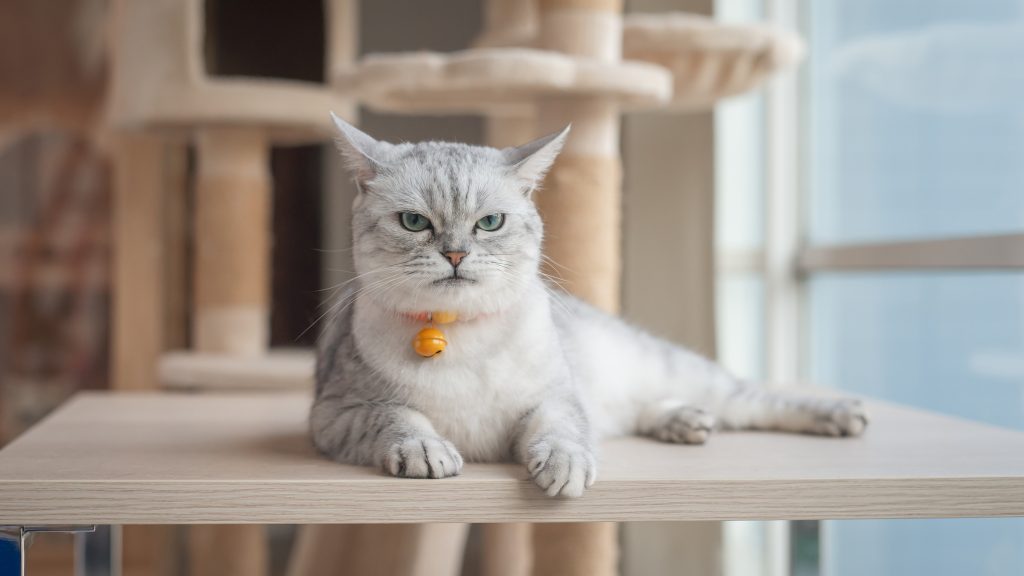Here’s how to recognize the signs—and what you can do to offer comfort in their final days.
Others are reading now
Losing a cat is heartbreaking.
These furry friends become more than just pets—they’re companions, quiet presences, and family members. And because cats are experts at concealing their pain, it can be difficult to recognize when they’re nearing the end of their lives.
Being aware of the signs can help you provide the love, care, and calm environment your cat deserves. From physical changes to behavioral shifts, here are 11 ways cats often communicate that their time may be drawing to a close.
This was reported by Newsner.
Also read
1. Seeking Solitude
Cats instinctively retreat when they’re sick or weak.
If your cat is suddenly hiding more often—under beds, behind furniture, or in closets—it may be following its natural drive to isolate during vulnerable moments.
This behavior is often one of the first noticeable signs.
2. Loss of Appetite and Thirst
When cats approach the end, it’s common for them to stop eating and drinking.
While difficult to witness, this is the body’s way of conserving energy and signaling that it’s slowing down.
3. Extreme Fatigue
Increased sleep and lethargy may reflect not just age or illness, but the body’s preparation for the end.
A cat that once roamed the house might now barely leave its resting spot.
4. Irregular Breathing
You may notice your cat breathing more shallowly or erratically.
These changes often indicate the body is under strain and internal systems are beginning to slow down.
5. Disinterest in the World Around Them
A cat that once loved interaction may become distant and unresponsive, even to familiar faces and voices.
This emotional withdrawal can be a natural part of the dying process.
6. Poor Coat Condition
Cats pride themselves on grooming, so when they stop, it’s noticeable.
A dull, matted, or scruffy coat is a strong indicator that your cat is not feeling well or is too weak to care for itself.
7. Difficulty Moving
Mobility issues—stumbling, reluctance to jump, or struggling to walk—can point to severe weakness or pain.
Your cat may stay closer to the ground and avoid previously favored high perches.
8. Clinginess or Unusual Affection
Not all cats withdraw.
Some become unusually affectionate in their final days, following you around or seeking more cuddles.
This shift may be their way of seeking comfort and closeness.
9. Nausea and Vomiting
If your cat begins vomiting, drooling, or shows other signs of digestive discomfort, it may indicate its body is struggling to process food.
These symptoms often accompany advanced illness.
10. Diarrhea or Constipation
Digestive changes are common toward the end of life.
Whether it’s diarrhea or constipation, these signs reflect a digestive system that’s no longer functioning optimally.
11. Fluctuating Body Temperature
A cat’s normal temperature ranges from 38°C to 39.3°C.
If your cat feels unusually cold or hot, it may be experiencing circulatory issues or fever—both signs of serious decline.
Being There Matters Most
Seeing your cat go through this stage is never easy.
But small acts of care—gentle strokes, soft words, a warm blanket—can bring immense comfort.
Make sure they have a peaceful place to rest, and never hesitate to reach out to a veterinarian.
They can help assess your cat’s condition and guide you on when it may be time to consider humane options like palliative care or euthanasia.



